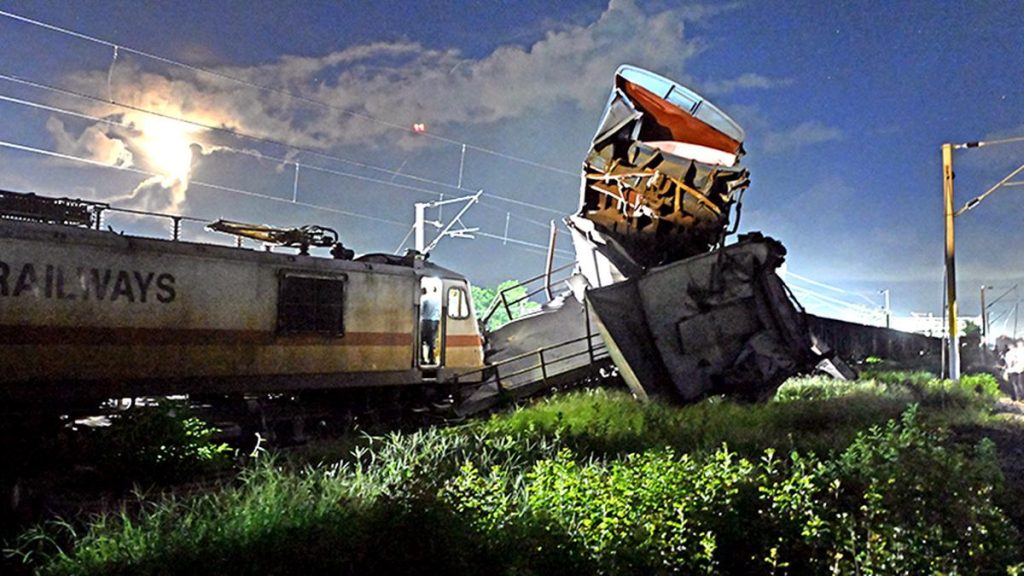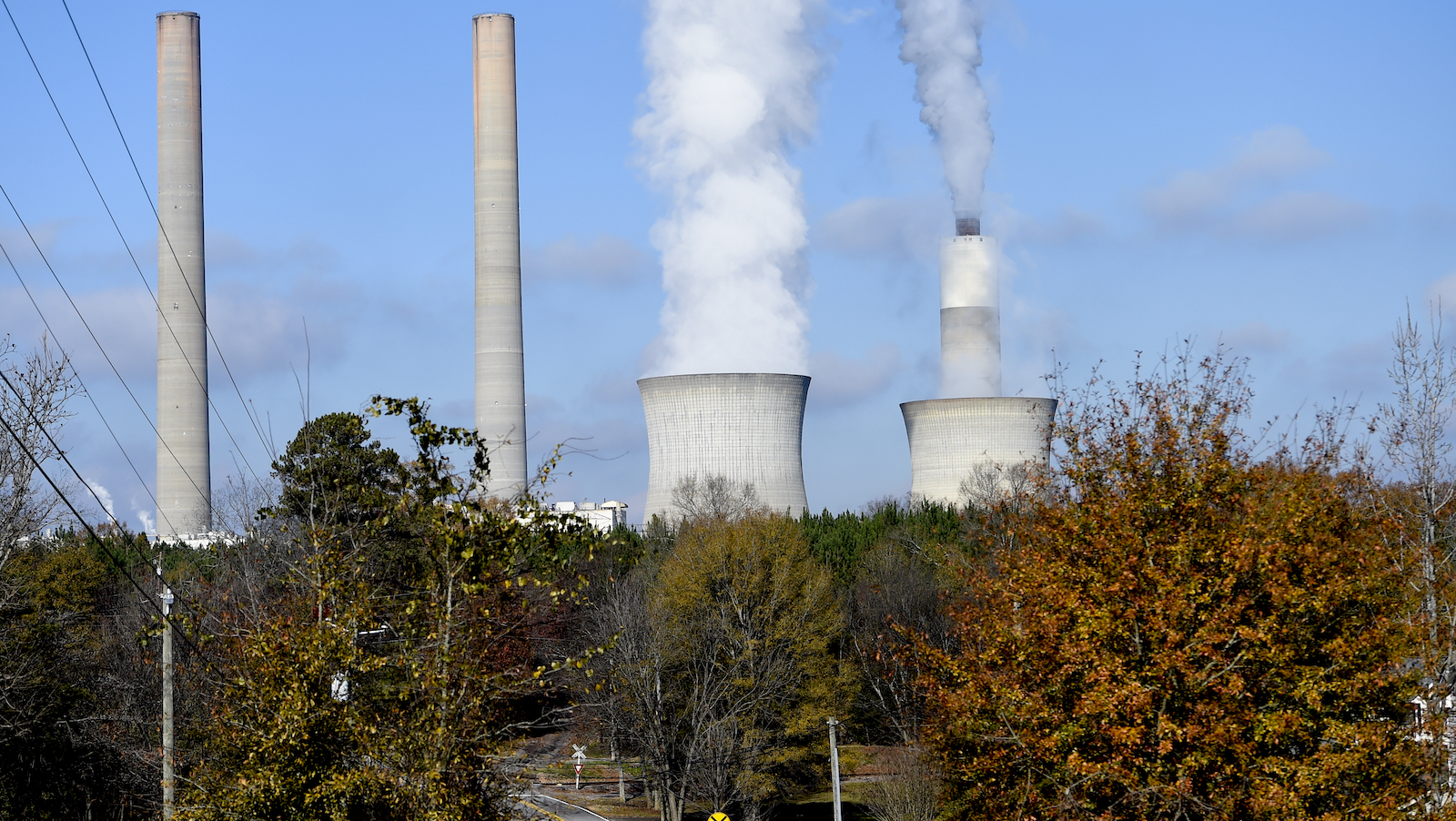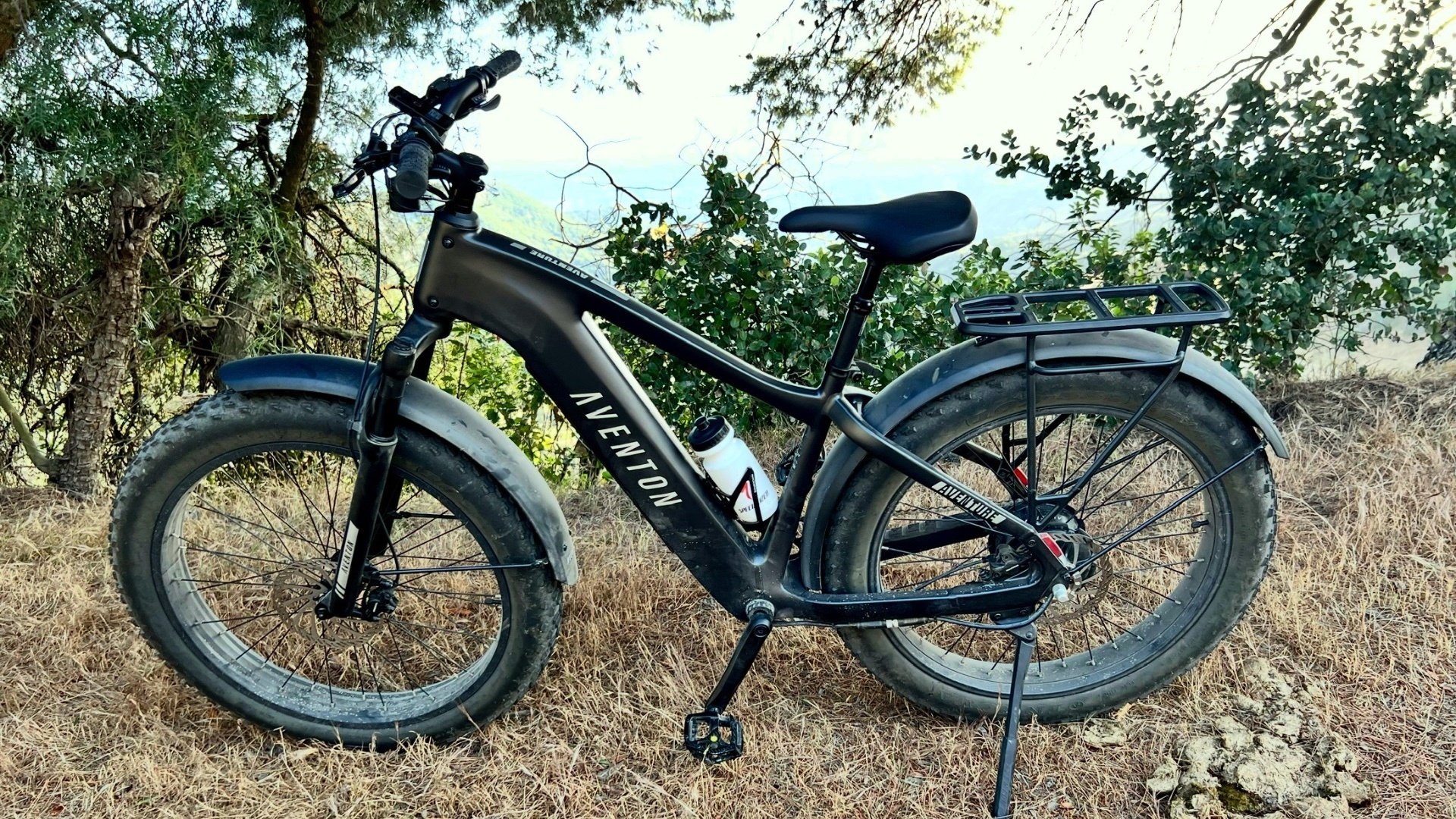Now Reading: Alaska Native Village Struggles for Power Amid Trump-Era Funding Cuts
-
01
Alaska Native Village Struggles for Power Amid Trump-Era Funding Cuts
Alaska Native Village Struggles for Power Amid Trump-Era Funding Cuts

Quick Summary
- Port Heiden, Alaska, a small Alutiiq community dependent on fishing, struggles with rising fuel costs and environmental threats like coastal erosion.
- The village spends notable amounts on diesel ($900,000 in 2024), which is critical but environmentally harmful and expensive to store due to fuel price inflation and erosion risks.
- A nonoperational fish processing plant built in 2015 remains unused because the community cannot afford the energy needed to power it.
- Energy independence and population retention are top priorities for Port Heiden; renewable energy was seen as a solution.
- Climate United earmarked $6 million for pre-advancement projects across Native communities under the EPA’s Greenhouse Gas Reduction Fund but funding was frozen after administrative changes during President Trump’s tenure.
- A court ruling declared this funding freeze unlawful; though, funds remain inaccessible pending appeal.
- Other solutions proposed by Climate United include forgivable loans instead of grants for hydropower feasibility studies in Port Heiden – these plans face logistical challenges unique to Alaska Native communities.
- Rising sea levels compounded by high living costs have led some residents to leave Port heiden at an annual emigration rate of 3%.
Image: !Zeldin announcement image
Indian Opinion Analysis
The case of Port Heiden offers lessons that resonate globally: the challenges of transitioning remote or marginalized communities from fossil fuels to renewable energy often intersect with bureaucratic constraints and geopolitical shifts. Renewable projects like run-of-the-river hydropower could vastly improve living standards while reducing carbon footprints – valuable both locally and globally. However,dependence on uncertain federal or external funding highlights vulnerabilities inherent in such initiatives.For India, where rural electrification using renewables is ongoing yet unevenly distributed geographically (e.g., large parts of northeast India), this underscores why decentralized planning matters when implementing climate-focused policies alongside capacity-building resources for underprivileged populations reliant on expensive conventional fuels.
Balancing sustainability goals with economic needs requires minimizing risks associated with project disruptions – especially where socio-economic migration occurs due directly like cost-spikes previously flagged policymakers expand financial literacy safety arrangements!

























